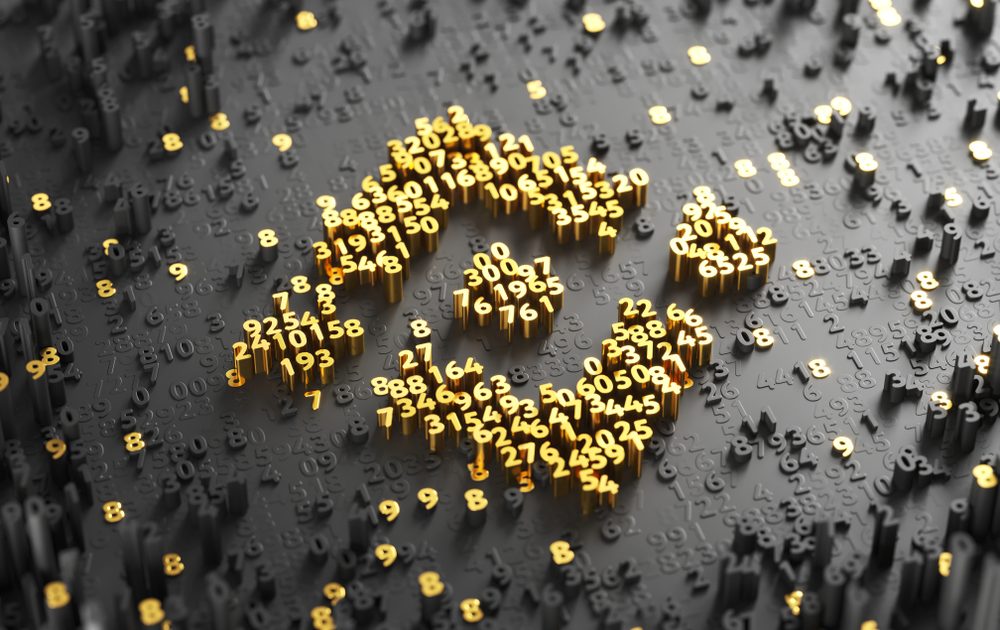The U.S. arm of cryptocurrency exchange Binance is opening for registration and deposits on Wednesday.
The platform will go live supporting just six cryptocurrencies initially – bitcoin, (BTC), ether (ETH), XRP, bitcoin cash (BCH), litecoin (LTC) and the tether stablecoin (USDT). The platform expects more to be added in “coming weeks,” providing they pass Binance.US’s Digital Asset Risk Assessment Framework.
Notably, Binance’s own token Binance Coin (BNB) and its recently launched dollar-linked stablecoin BUSD are not yet supported.
The new launch comes after stateside users of its global platform Binance.com were barred from trading back in June. The company did not provide reasons for the restriction at the time, but it was almost certainly over regulatory concerns.
In a blog post on the launch of registrations on Tuesday, Binance.US CEO Catherine Coley – who left a role as head of XRP Institutional Liquidity at Ripple in July to join the firm – explained that the U.S. rollout is to be “gradual” with 13 states not supported at launch.
These include New York, Florida and Texas. Previously, when U.S. residents were allowed to use Binance.com, the firm listed just six U.S. states as restricted from trading.
Coley said:
“Although it is upsetting that we cannot offer Binance.US in the states where I grew up and earned my education at this time, please rest assured that this is just the beginning, and it is our mission to bring access to those of you in these states many of us call home.”
The post also sets out the fees that will be charged for trading – which will start once sufficient liquidity has been achieved through new deposits.
Describing the fee structure as “straightforward, Coley said that personal accounts will be charged a flat fee of 0.10 percent per trade, while corporate accounts will see charges vary depending on their trading volume. Until Nov. 1, 2019, though, Binance.US is charging zero fees for all users.
User who already have deposits with Binance.com will not see their funds automatically transferred to the U.S. platform, Coley said. She cited the fact that Binance.US is a separate entity operated by BAM Trading Services as the reason. BAM Trading is registered with the U.S. Treasury’s Financial Crimes Enforcement Network (FinCEN) in the U.S.
Answering her own question as to whether Binance.US is protecting users’ deposits with insurance, Coley said: “Binance.US takes security seriously. We prioritize customer protection and have measures dedicated to protecting customers from theft and hacking.”
It’s not clear if the new entity will offer a similar protection scheme as Binance, which notably provides the Secure Asset Fund for Users (SAFU). After a $40.7 million hack back in March, the fund was used to repay all affected users.
Binance logo image via Shutterstock




